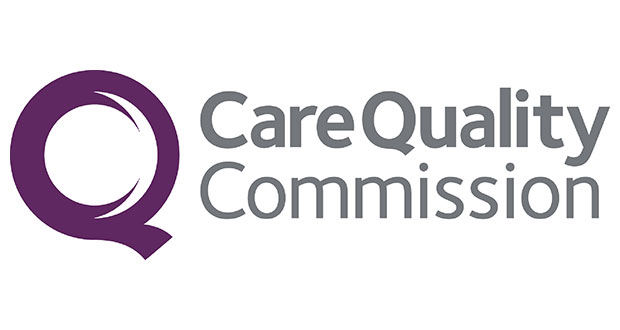CQC To Review The Use Restrictive Interventions
 The CQC has announced it will review and make recommendations about the use of restrictive interventions in settings that provide inpatient and residential care for people with mental health problems, a learning disability and/or autism.
The CQC has announced it will review and make recommendations about the use of restrictive interventions in settings that provide inpatient and residential care for people with mental health problems, a learning disability and/or autism.
The review has been commissioned by the Secretary of State for Health and Social Care, Matt Hancock, and the CQC will take forward this work and will report on its interim findings in May 2019, with a full report by March 2020.
In its findings the CQC says it has encountered the use of physical restraint, prolonged seclusion and segregation in wards for people of all ages with a learning disability and/or autism and in secure and rehabilitation mental health wards. The review will consider whether and how seclusion and segregation are used in registered social care services for people with a learning disability and/or autism. This will include residential services for young people with very complex needs – such as a severe learning disability and physical health needs – and secure children’s homes. This aspect of the review will be undertaken in partnership with Ofsted.
Dr Paul Lelliott, Deputy Chief Inspector of Hospitals (lead for mental health), said:
“There is understandable public concern about the use of restraint, prolonged seclusion and segregation for people with mental health problems, a learning disability or autism. It is vital that services minimise the use of all forms of restrictive practice and that providers and commissioners work together to find alternative, and less restrictive, care arrangements for people who are currently subject to seclusion or segregation. Failure to do this has the potential to amount to inhuman and degrading treatment of some of the most vulnerable people in our society.
“We welcome the Secretary of State’s commission for CQC to undertake a thematic review of this important issue. The review will examine the range of factors that lead to people being subject to restraint, prolonged seclusion or segregation, and will assess the extent to which services follow best practice in minimising the need to use force. The experience and perspective of the people affected by these practices, either as a patient or as a carer, will be central to this work. It is vital that society protects the rights, welfare and safety of children and adults with a mental illness, learning disability or autism and that they receive the safe, high quality care that they deserve.”
We will be working with relevant stakeholders and organisations throughout the review including NHS England, NHS Improvement and Ofsted.






